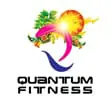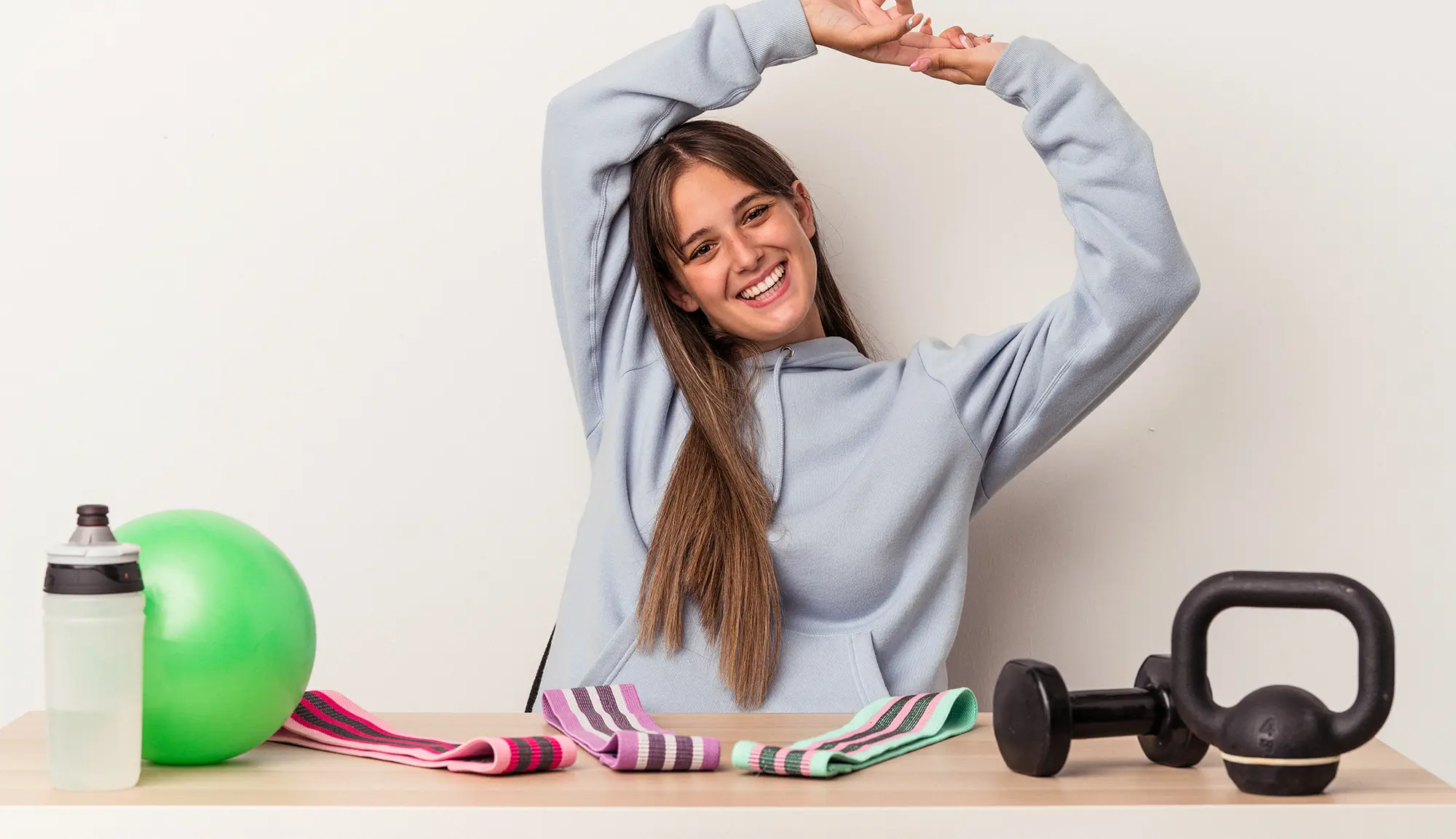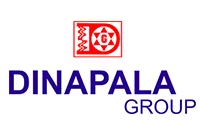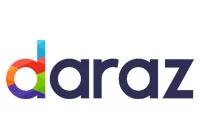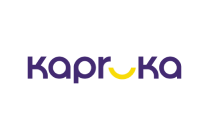July 3, 2019
If you want to change your body composition so you have more lean muscle mass, look at your diet. To do so requires a combination of adequate calorie and nutrient intake with a solid muscle strengthening program. Here are the nutritional building blocks to encourage muscle gain.
Carbohydrate
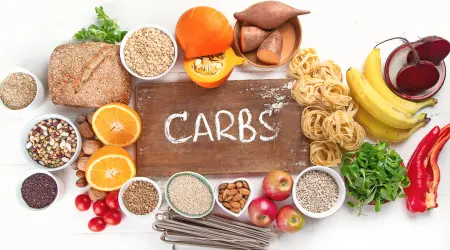
Carbohydrate is the predominant energy source used during a strength training workout. Stored as glycogen in the muscles, it is the fuel used to supply energy for short, intense bursts of power. The harder and longer you work out, the more glycogen your muscles require. Once these stores of glycogen are gone your energy level will drop and you will run out of fuel to power muscle contractions. For this reason, athletes doing strength training exercise in the hopes of building lean muscles need to have an adequate carbohydrate intake to fuel the workout.
Personal carbohydrate requirements vary based upon the intensity and length of workouts as well as your body size. To keep muscle glycogen stores high, sports nutrition experts recommend up to 400 to 600 grams of carbohydrate per day for the average male performing regular, intense exercise and strength training workouts. Try to get crabs from unprocessed food sources. These would be the best: Rice (especially traditional local rice like Kurulu thuda, Madathawalu ,Rathu suwadel) Pasta, Brown bread, Sweet Potatoes and other local yams like Raja ala, Kiri ala, Dehi ala, Gahala and Higurala.
Protein
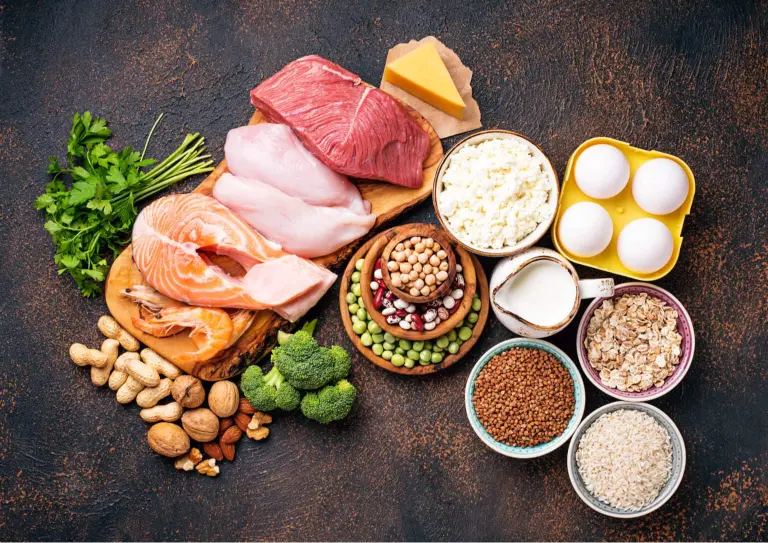
All athletes need protein after vigorous exercise. Protein helps repair and rebuild muscle tissue that is broken down during hard exercise. Because protein is the basic building material for muscle tissue, if you strength train, or want to increase muscle size, you need to consume more protein than sedentary individuals or non-athletes.
Each gram of protein contains four calories. Meanwhile, the American College of Sports Medicine recommends that to increase muscle mass in combination with physical activity, you need to consume between 1.2 and 1.7 grams of protein per kilogram of body weight per day or 0.5 to 0.8 grams per pound of body weight.
Another thing to keep in mind is that your body can only absorb so much protein at one time, no more than 30 grams of protein to be exact. So instead of trying to pound your daily protein intake into one meal, it is best to spread it out across five or six feedings.
The easiest way to get your daily protein intake is to eat a whole protein source with each meal
- Red Meat- Beef, pork, mutton,
- Poultry – Chicken, turkey, duck, quil
- Fish – Tuna Family (Balaya, Kelawalla, Alagoduwa, Atawella) other fish and dried Fish
- Dairy – Milk, cheese, yogurt, whey, curd
- Eggs – Eggs and quil Eggs
Eat Protein with Each Meal
Fat is an essential nutrient and you require a certain amount of it to remain healthy. About 30 percent of your total daily calories can come from healthy fats, such as olive oil, extra virgin coconut oil, lean meats like beef, mutton, pork and fish, nuts, seeds and avocados. Eat also omega-3 fatty food sources like fatty fish (salmon, tuna, mackerel, sardines, etc.).
Eat Veggies with Each Meal
Veggies are low calorie. Salad actually has “negative calories” – it takes your body more energy to digest and absorb the food, than there are calories in.
This makes veggies, excellent for maintaining or losing weight (not for gaining weight though). Because you can eat your stomach full of veggies, so you don’t feel hungry, but while getting zero to no calories in. Vegetables also have vitamins and minerals to help with recovery from lifting. And they have fiber to help with digestion. Some of the best vegetables for lifters are:
Broccoli, Spinach, Cabbage, Beetroot, Carrots, beans, Pumpkin, Bell pepper, Murunga, Kohila, Puhul, Labu and leaves that can cook as Mallum – Kathuru Murunga, Sarana, Mugunuwenna, Gotukola
Water
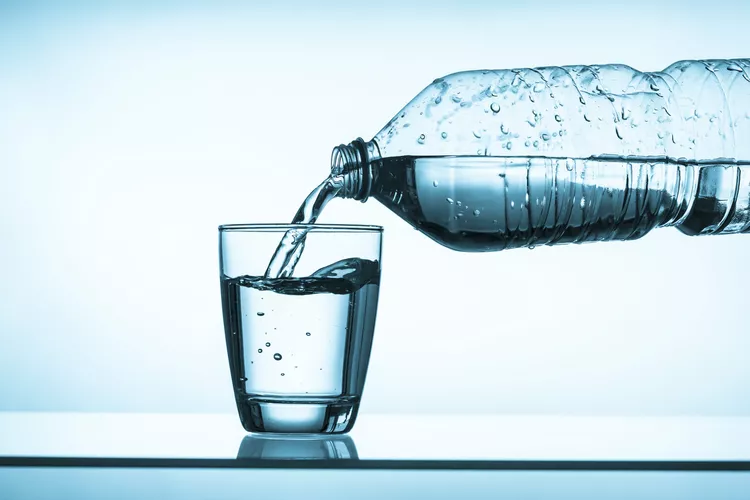
In addition to the regular eight glasses of water every day, you need to drink to replace fluids that are lost during exercise. To be confident that you are well hydrated before workouts, drink 2 cups of fluid 2 hours before exercise. During your workout, drink 4 to 8 ounces every 15 to 20 minutes. After exercise, replace any further fluid losses with 16 ounces of water. If you want to be precise, you can weigh yourself before and after workouts. For each pound lost during exercise, you should drink 16 ounces of fluid.
Eating after Exercise
Going long and strong in the weight room, is a recipe for a protein-rich post-exercise meal since those glycogen energy stores are not being taxed and the calorie burn is less. The goal is to eat for muscle repair. Eating protein helps build and repair muscles. But carbohydrates stimulate an insulin response. Insulin is the hormone that prepares the muscle cells to absorb the protein.
Consult a registered nutritionist, physician, or other health care provider for personal nutritional counseling. This information is not intended as a substitute for appropriate medical treatment.
Source: – https://www.verywellfit.com/how-to-build-muscles-with-sports-nutrition-3120665
